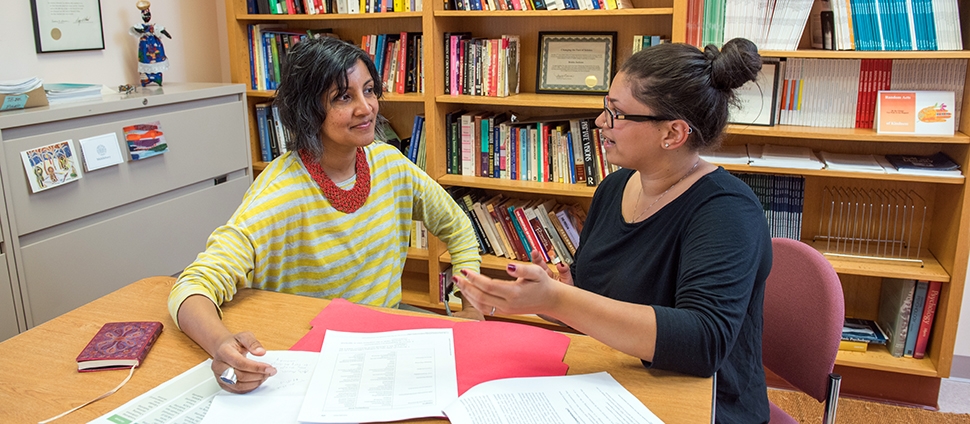Document Type
Article
Publication Date
2-3-2014
Publication Title
PLoS ONE
Abstract
Background: Hepatocytes, the parenchymal cells of the liver, express core clock genes, such as Period2 and Cryptochrome2, which are involved in the transcriptional/translational feedback loop of the circadian clock. Whether or not the liver is capable of sustaining rhythms independent of a central pacemaker is controversial. Whether and how circadian information may be shared among cells in the liver in order to sustain oscillations is currently unknown. Results: In this study we isolated primary hepatocytes from transgenic Per2 Luc mice and used bioluminescence as a read-out of the state of the circadian clock. Hepatocytes cultured in a collagen gel sandwich configuration exhibited persistent circadian rhythms for several weeks. The amplitude of the rhythms damped, but medium changes consistently reset the phase and amplitude of the cultures. Cry2-/- Per2Luc cells oscillated robustly and expressed a longer period. Co-culturing with wildtype cells did not significantly shorten the period, indicating that coupling among hepatocytes is insufficient to synchronize cells with significantly differing periods. However, spatial patterns revealed by cellular imaging of wildtype cultures provided evidence of weak local coupling among the hepatocytes. Conclusions: Our results with primary hepatocyte cultures demonstrate that cultured hepatocytes are weakly coupled. While this coupling is not sufficient to sustain global synchrony, it does increase local synchrony, which may stabilize the circadian rhythms of peripheral oscillators, such as the liver, against noise in the entraining signals.
Volume
9
Issue
2
DOI
10.1371/journal.pone.0087573
Creative Commons License

This work is licensed under a Creative Commons Attribution 4.0 International License.
Rights
© 2014 Guenthner, et al
Version
Version of Record
Recommended Citation
Guenthner, Casey J.; Luitje, Martha E.; Pyle, Lorna A.; Molyneux, Penny C.; Yu, Jimmy K.; Li, Alexander S.; Leise, Tanya L.; and Harrington, Mary E., "Circadian Rhythms of PER2::LUC in Individual Primary Mouse Hepatocytes and Cultures" (2014). Psychology: Faculty Publications, Smith College, Northampton, MA.
https://scholarworks.smith.edu/psy_facpubs/91


